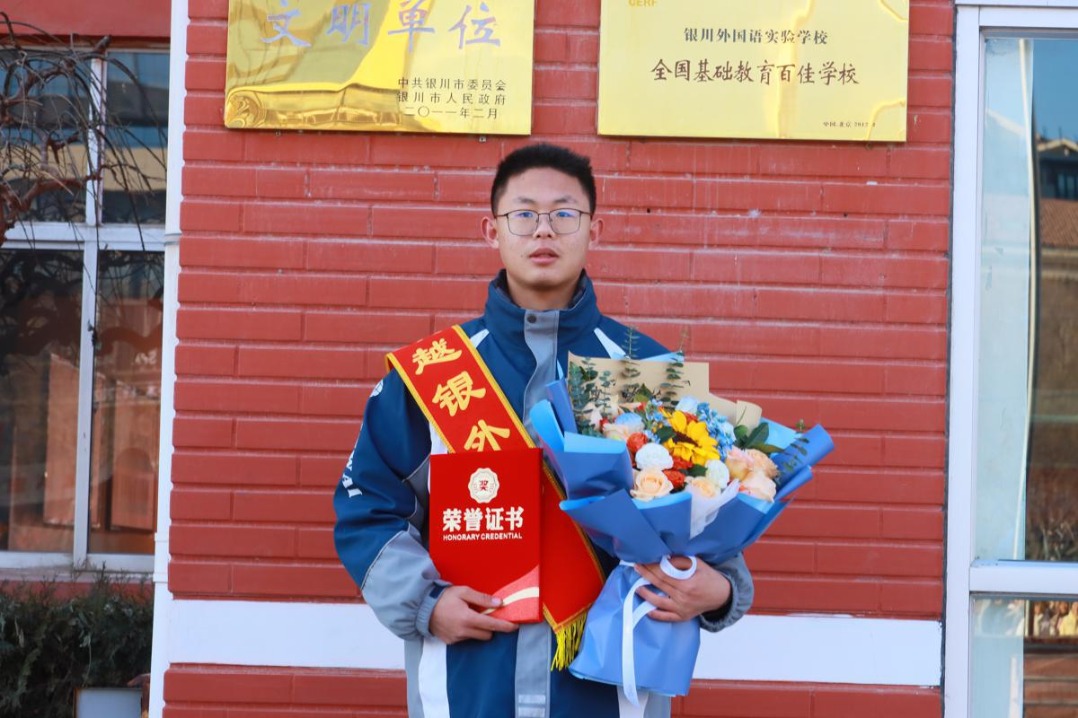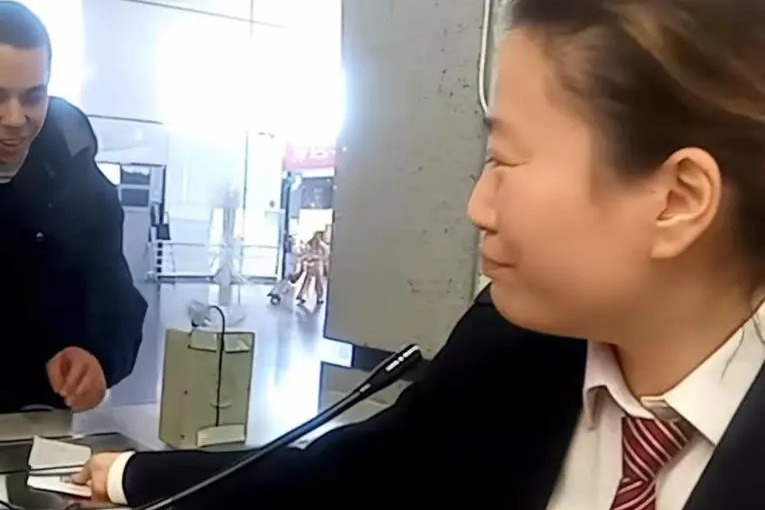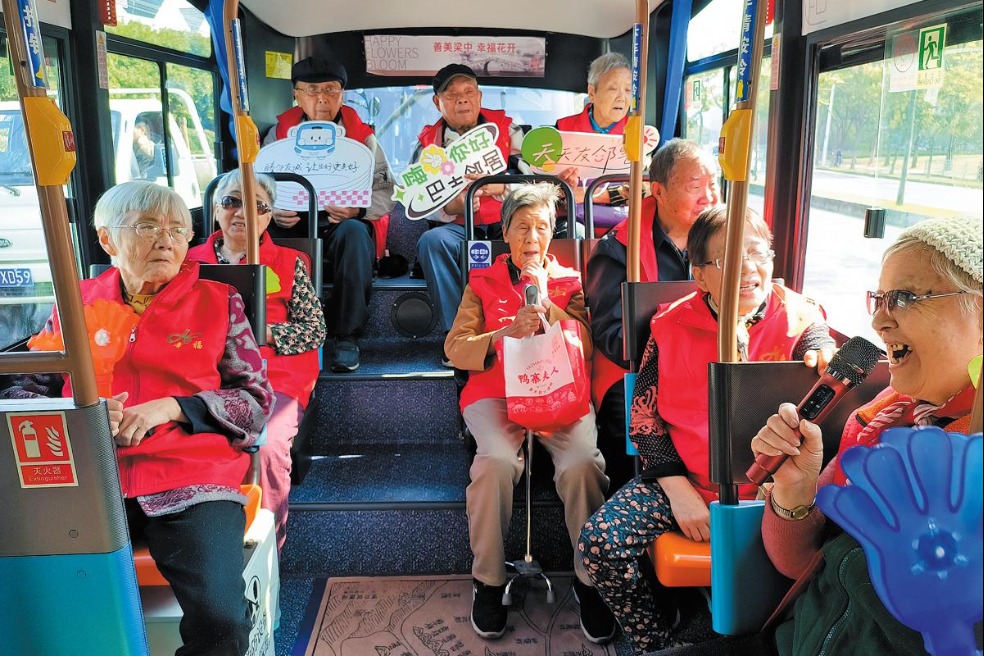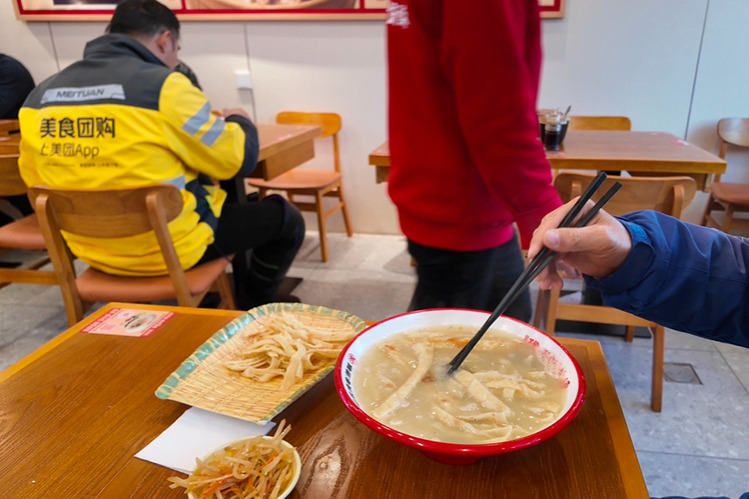Rural children put best foot forward

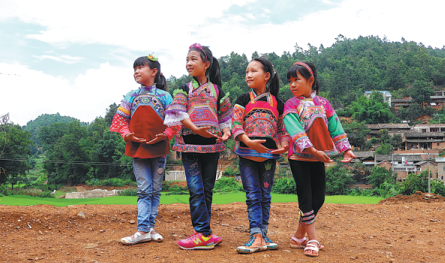
Separate lives, single aim
In 2019, Zhang decided to quit her job in Beijing and returned to her hometown to undertake long-term teaching and oversee the project.
Since then, she and Guan have lived separately, only reuniting in the village during vacations.
The Naduo Voluntary Center for Public Welfare has also been built in the village, allowing volunteers from different backgrounds across China to gather and help the children by teaching them art, history and foreign languages.
Since the project was launched in 2016, the couple has covered all the costs by themselves or through individual donations, leaving them free from reliance on administrative or government support.
Guan said they feel they are emulating the deeds of Don Quixote, the proud, idealistic hero in the eponymous Spanish novel.
"My wife and I are like skinny horses chasing our quarries again and again. At first, there was only the two of us, but we are more like a wolf pack now," Guan said.
There are 30 people in the core group, but during peak periods, nearly 400 volunteers participate in the project, including university students and teachers, actors, directors and journalists.
"Every time we found it hard to carry on with our limited budget, friends and strangers offered to help," Guan said.
He has planted two blue jacaranda trees, a species with attractive, long-lasting violet-colored flowers, at the village entrance.
"The trees represent Zhang and I taking root in the village. We will die in the next few decades, but our vision for this culture and rural art education will be inherited by the next generation and will last for 100 years, along with the trees," he said.
Li Yingqing contributed to this story.




















